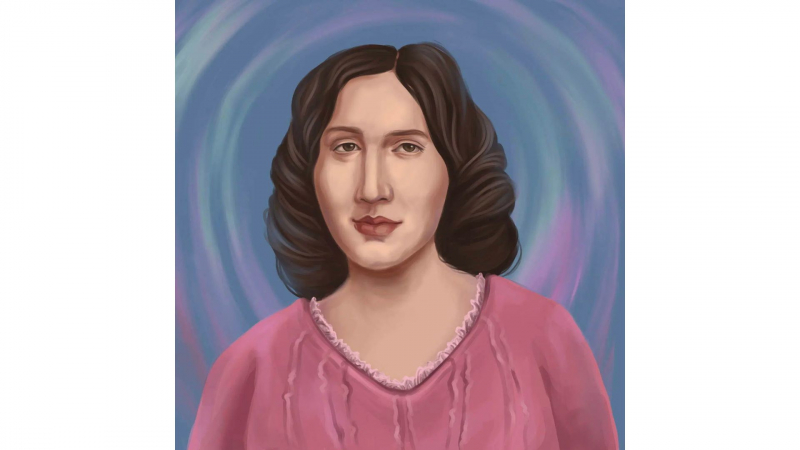George Eliot Worked As A Translator
Although Eliot was fluent in several current and ancient languages (including Latin, Greek, and Hebrew; French, Italian, and Spanish), the majority of her translations were from German. She demonstrated her proficiency as a translator with her translation of Strauss' Das Leben Jesu. Her name became well-known in Victorian religious discussions as a result of her book. On the basis of this, Eliot published the essay Translations and Translators in 1855. Eliot wrote it from the perspective of a seasoned journalist who may have been thinking about writing novels at the time. The article demonstrates Eliot's keen understanding of translation as a difficult job and of the translator's function as a bridge between various language and cultural realities.
Eliot used her linguistic abilities to translate foreign works into English throughout her life. She translated very contentious German works, including Das Leben Jesu by David Friedrich Strauss, which asserted that Jesus Christ was a genuine person but not divine. (One English lord who read her translation referred to it as "the most pestilential book ever spat out of the jaws of hell.") By incorporating elements of these philosophical and theological concepts into her own writing by translating works by Benedict de Spinoza's Latin Ethics and German scholar Ludwig Feuerbach's The Essence of Christianity.












